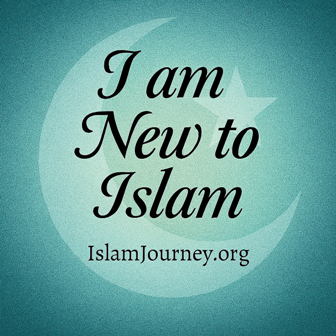New Muslim Guide: Breaking the News to Your Family
You’re Muslim now, but your family doesn’t know. The secret is eating you alive, but you’re terrified of their reaction. This guide reveals when you should tell them, how to do it safely, what to expect, and what to do if things go badly—based on real convert experiences and Islamic guidance.

